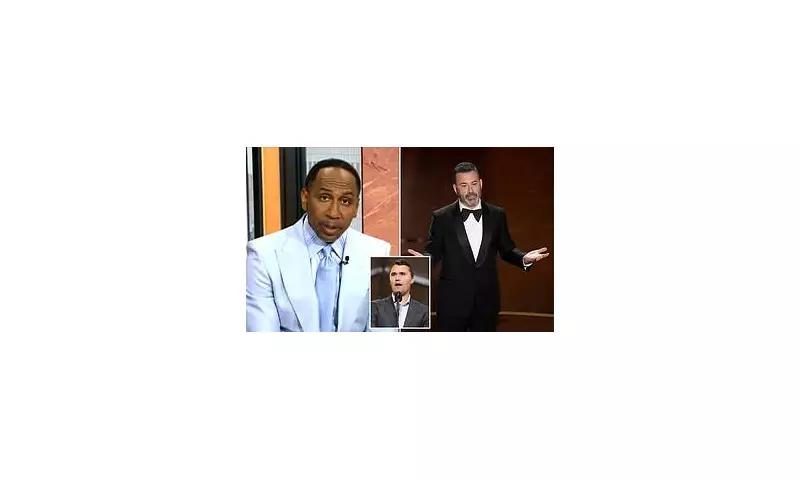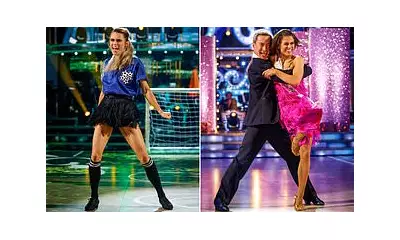
Political commentator Stephen Smith has ignited a firestorm with a blistering critique of late-night television, specifically targeting Jimmy Kimmel Live! and its corporate home, Disney. The controversy, which has rapidly spilled over onto social media, centres on accusations that the show leverages its platform to promote a specific political ideology under the guise of comedy.
Smith's central argument is that Kimmel's show, backed by the media behemoth Disney, has abandoned impartial entertainment in favour of pushing a 'woke' or progressive agenda. He contends that this approach alienates a significant portion of the American audience who do not share those political views, framing it as a broader issue of corporate media bias.
The Charlie Kirk Segment: A Catalyst for Controversy
The immediate catalyst for Smith's remarks appears to be the show's frequent targeting of conservative figures. Smith specifically cited Turning Point USA founder Charlie Kirk as a prime example of a individual routinely singled out for satirical segments. Smith argues that such tactics are not good-natured ribbing but rather a form of partisan activism designed to mock and discredit opposing viewpoints.
This, he suggests, creates an environment where conservative voices are unfairly portrayed and where dissent from a liberal orthodoxy is not tolerated within the entertainment giant's ecosystem.
A Clash of Ideologies: Free Speech vs. Corporate Responsibility
The row touches on much larger, ongoing cultural debates in the UK and US. On one side, critics like Smith see it as an issue of free speech and viewpoint diversity, accusing powerful media entities of silencing opposing perspectives. On the other, defenders of shows like Kimmel's argue that political satire has always been a staple of comedy and that calling out public figures is a matter of social responsibility and editorial choice.
The involvement of Disney adds a significant corporate dimension to the clash, raising questions about the role and responsibilities of massive conglomerates in shaping public political discourse through their owned media outlets.
As the debate rages online, this incident highlights the increasingly blurred lines between entertainment, news, and political commentary in modern media, ensuring that the argument over where to draw the line will continue for some time.





